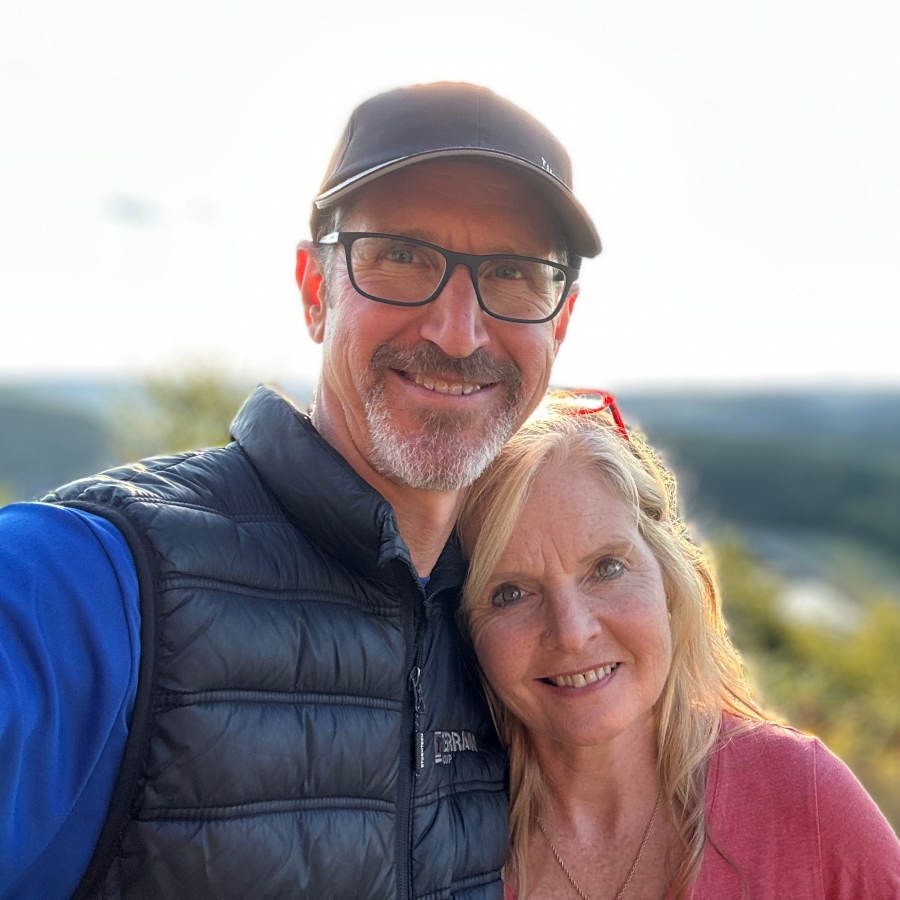Caring for a loved one after vitrectomy surgery can feel overwhelming—but you don’t have to do it alone. This guide offers practical tips and heartfelt encouragement for caregivers during the critical first days of recovery. From managing medications and daily routines to providing emotional support and knowing what signs to watch for, you’ll find the tools and reassurance you need to walk alongside someone you care about—step by step, with grace and hope.
When a loved one undergoes eye surgery—like a vitrectomy—it can be just as emotionally and practically demanding for the caregiver as it is for the patient. The first 48 hours after surgery are often the most intense, as the body begins the healing process and the patient adjusts to limited vision and physical restrictions.
If you’ve found yourself in the caregiver role, know this: your support can make all the difference. Here’s a practical and compassionate guide to help you walk alongside someone recovering from a vitrectomy.
1. Know What to Expect
Understanding what your loved one is going through can help you offer better care. A vitrectomy involves removing the vitreous gel from the eye and is often done to treat conditions like retinal detachment, bleeding in the eye, or severe floaters. Recovery may involve temporary vision changes, eye discomfort, and the use of a gas or oil bubble to aid healing.
There are often strict posture requirements, such as keeping the head in a specific position to allow the bubble to do its job. This is especially true in the early days following surgery.
2. Master the Medication Schedule
Post-operative care often includes multiple eye drops—sometimes antibiotics, steroids, or anti-inflammatory meds—administered several times a day. Keeping track of timing and proper administration can be overwhelming for the patient.
Creating a simple chart or setting phone reminders can be a great help. Be gentle and encouraging, especially if the person feels nervous about having drops put in their eye.
3. Be the Calm in the Storm
It’s natural for patients to feel frustrated, anxious, or even fearful during recovery—especially when vision is blurry and mobility is limited. Your emotional support is just as valuable as physical assistance.
Offer words of reassurance. Be a good listener. Remind them that healing takes time, and they’re not alone.
4. Assist with Daily Routines
For at least the first few days, they may need help with basic tasks like getting dressed, preparing meals, and keeping their surroundings safe and clutter-free. Encourage them to take it slow and rest often.
If posture positioning is required (such as face-down recovery), this will also mean helping with creative ways to eat, sleep, and stay comfortable while following the doctor’s instructions.
5. Watch for Warning Signs
Monitor their recovery carefully. If you notice any of the following symptoms, contact their healthcare provider right away:
- Sudden vision loss or severe blurriness
- Increased pain, redness, or swelling
- Eye discharge
- Fever or chills
Early intervention can prevent complications, so never hesitate to reach out if something doesn’t seem right.
6. Encourage Rest and Routine
Rest is medicine. Encourage your loved one to keep things low-key, avoid screens when possible, and take breaks often. Help them stay hydrated and nourished with simple, healthy meals.
A consistent daily rhythm can also bring peace and comfort in a time that feels a little uncertain.
7. Don't Forget to Care for Yourself, Too
Compassion fatigue is real. Make sure you’re getting enough rest, nourishment, and support. Reach out to others if you need a break or a listening ear. Remember, you’re doing something important and beautiful—but you don’t have to do it alone.
Final Thoughts
The journey of recovery from a vitrectomy can feel long, but your presence makes a lasting impact. By offering practical help and emotional reassurance, you’re helping your loved one not only recover but feel seen, supported, and deeply cared for.
On behalf of the whole team—Victoria, Jon, Obi, Jesse, Tracy, Jim, and myself—thank you for being the light in someone’s healing journey. ~ Steve



